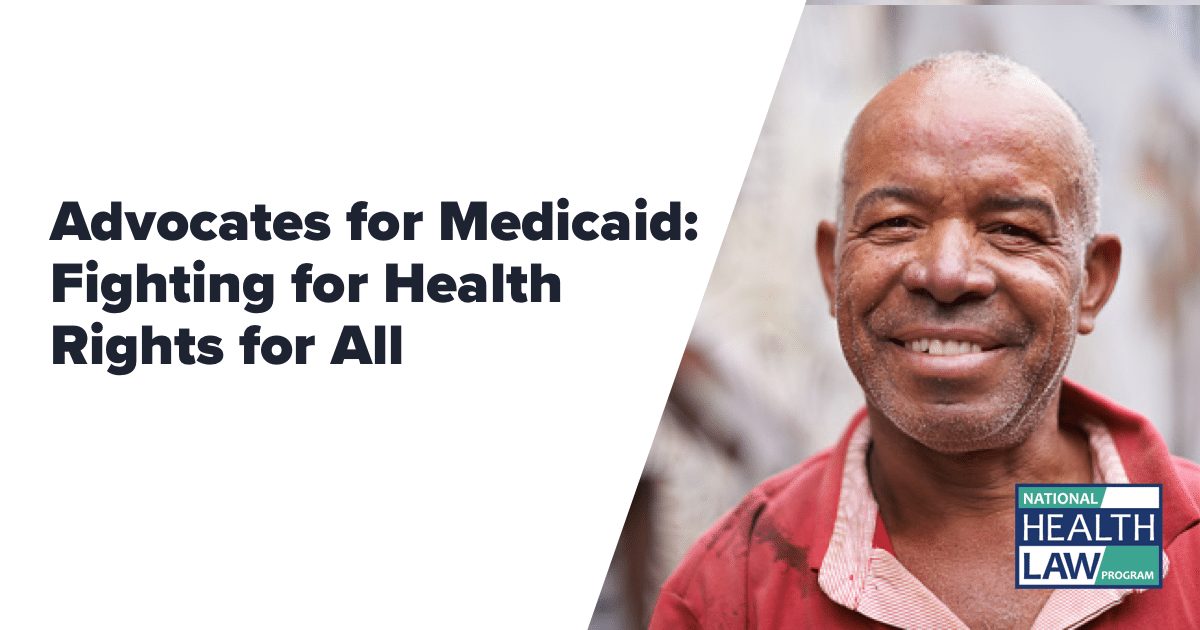Sexual & Reproductive Health, a challenging path in Florida
This blog is part our Working Better Together Series and was written Dr. Maira Martelos, Director of Engagement and Storytelling for Florida Health Justice Project. This blog series was created to give our Health Law Partnerships, advocacy partners, and other stakeholders a platform where they can highlight their successes, challenges, or innovative approaches in advancing health access and equity in the states that they work. The “Medicaid Experiences Project” referenced in this series of blogs is a collaboration between the National Health Law Program (NHLP) and eight state-based organizations that provide legal aid. The purpose is to better understand the direct experience of individuals as enrollees and applicants for Medicaid and advocate for improvements.
Many mothers in Florida face insurmountable challenges that go beyond the regular obstacles of motherhood. In addition to having to juggle the traditional responsibilities of taking care of their families, many mothers in the state are being wrongfully denied Medicaid coverage, for them and their babies, before and after delivery.
Despite the fact that in May 2022, the Centers for Medicare and Medicaid Services approved Florida’s extension of Medicaid postpartum coverage from 60 days to 12 months, numerous women in Florida have lost their coverage when they shouldn’t have. In a recent federal court case, Florida Medicaid officials admitted to a system-wide mistake that did not apply pregnancy and postpartum coverage correctly to eligible individuals. Mandi is one of these women; both she and her newborn lost coverage shortly after birth
.
“The scariest thing was when I found out that Vernita had been dropped from Medicaid, and could not be enrolled in KidCare before she turned one. She is not covered for the time of her life where she has the most doctor appointments. Mandi said that she paid for her four-month checkup and her six-month visit out of pocket. KidCare is Florida’s CHIP program which offers coverage for children whose family income is over the limit for Medicaid, but eligibility begins at age one.
According to recent research conducted by the Commonwealth Fund, a nonpartisan foundation, Florida ranks 48 out of 50 states and Washington D.C. for health coverage, access, and affordability for women. At least 14 percent (or more) of Florida women aged 18-64 do not have health insurance. At least 29% women in Florida between 18-44 years old don’t have primary care providers. When care is needed, most people in this situation turn to emergency rooms or urgent care centers.Navigating the Medicaid unwind has proven to be very challenging. Many clients and individuals have told us that they spent hours calling DCF or other government agencies in order to check the status of their enrollment for themselves and their children. DCF wrongly believed that she was over-income for pregnancy Medicaid.Despite filing an appeal with the support of FHJP, Lily had no coverage when she was hospitalized for early labor. She was unable to fill her prescriptions or attend appointments with high-risk obstetricians. It took 22 days of constant advocacy to get her coverage reinstated.
Lindsey, another client of FHJP, had a similar experience, and was forced to go to the DCF office because getting through to the call center was impossible. “I went face-to-face because I couldn’t get DCF to answer the phone.” She stated that she was on the phone with DCF for four hours during her pregnancy, and then was transferred, and then was put on hold for three more hours. Then the call was dropped. It took the help of advocates to step in and get Lindsey and her baby back on Medicaid, though they remained eligible throughout.
Thankfully, with the help of FHJP Lily and Lindsey were able to restore coverage for themselves and the newborns, and are now able to access medical care. FHJP is committed to helping families who have been affected by the state error and will continue to tell their stories for as long as it takes to ensure that everyone receives the coverage they are entitled to.





